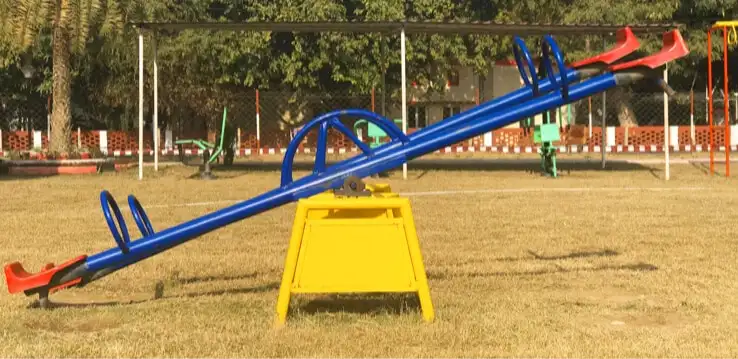All signs in March pointed to a surge in online casino play in Pennsylvania to help offset the traditional industry’s shutdown, and now there’s a number to attach to that iGaming increase: 24.5%.
The increased online play was the one bit of good news in figures released by the Pennsylvania Gaming Control Board Thursday showing gaming revenue dropped 51.5% last month compared to March 2019.
Pennsylvania’s eight online gaming sites, meanwhile, combined for $24.3 million in March revenue compared to $19.5 million in February. Online gaming only arrived in Pennsylvania in July, so there is no comparison to last March for it.
Presumably, most or all of that March increase came during the second half of the month, after the state’s 12 brick-and-mortar casinos closed due to the COVID-19 health threat. The first of the casinos closed March 13 and all had shut down by March 17, forcing gamblers still wanting to indulge their pastime to do so on computer and phones.
Among the big beneficiaries of that dramatic lifestyle change was the state’s one online poker site, belonging to PokerStars. It experienced a 71.2% jump in revenue from $1.8 million in February to $3.1 million in March. The poker site had experienced a drop in play in prior months before March.
Sports betting dropped by nearly $200 million
Despite the boost from iGaming, the industry as a whole is reeling, in Pennsylvania as in every state.
With just a half month of visits from customers, and a slowdown before the closures as people avoided big gathering spots, slots revenue fell from $199.7 million in February to $87.6 million in March. Table games revenue similarly plunged, from $77.4 million to $33.1 million.
Overall gaming revenue — which also counted sports wagering, truck stop VGTs and fantasy sports sites — stood at $153.5 million in March, compared to $316.3 million in March 2019.
With all significant events removed from this spring’s sports calendar by March 16 — most notably the NCAA’s men’s basketball tournament — the state’s sports betting handle plummeted to $131.3 million after it had been $329.8 million in February.
Some online sports betting continues during the shutdown of the casinos and their retail sportsbooks. With a limited menu of options, however — largely unfamiliar ones to U.S. bettors — the volume is at a far more modest level than would be typical.
Of the $131.3 million wagered on sports last month, 90.1% was done online. That’s the first time Pennsylvania or any other state with both retail and online/mobile wagering has seen the latter reach 90% of the sports betting handle in a month.
Even with the reduced activity, March was actually a more profitable month than February for the sportsbooks, as they had lost money to gamblers on the Super Bowl and also handed out hefty promotional credits to customers that month.
The March gross sports betting revenue — the amount on which sportsbooks are taxed after deductions for promotional credits — amounted to $6.9 million, after $4.7 million the month before. Before promotional credits, revenue was $8.6 million.
PA’s reliance on gaming taxes is costly now
The drop in overall gaming revenue has a harsher impact for Pennsylvania than many states. It taxes the gambling industry at higher rates than most, and state government is thus is more reliant on the casinos’ successful operation to support its general fund and various programs designated for a share of casino revenue.
While the iCasinos and modest online sports betting continue to generate income, the net impact to the industry of lost gambling revenue could amount to some $8 million daily, based on normal casino activity. About 40% of that amount would end up in state and local government coffers from the cumulative tax rates on various types of gaming.
The freeze on casino activity comes at among their busiest times of the year, as March 2019 set a state gaming revenue record. That was before any online sites were operating.
Last April, the 12 brick-and-mortar casinos generated $277.8 million from their slots and table games. In April 2020, that figure will be zero, as none will reopen this month.
A little over a month ago, Pennsylvania’s gaming industry seemed poised for a record year after an increase in gaming revenue of 13.8% in February and 16.9% in January, compared to the same months in 2019.
Now, it is headed for its sharpest annual revenue drop ever, with no time estimate of when casinos will be able to welcome visitors again.
Photo by Shanti Harsh / Shutterstock.com






